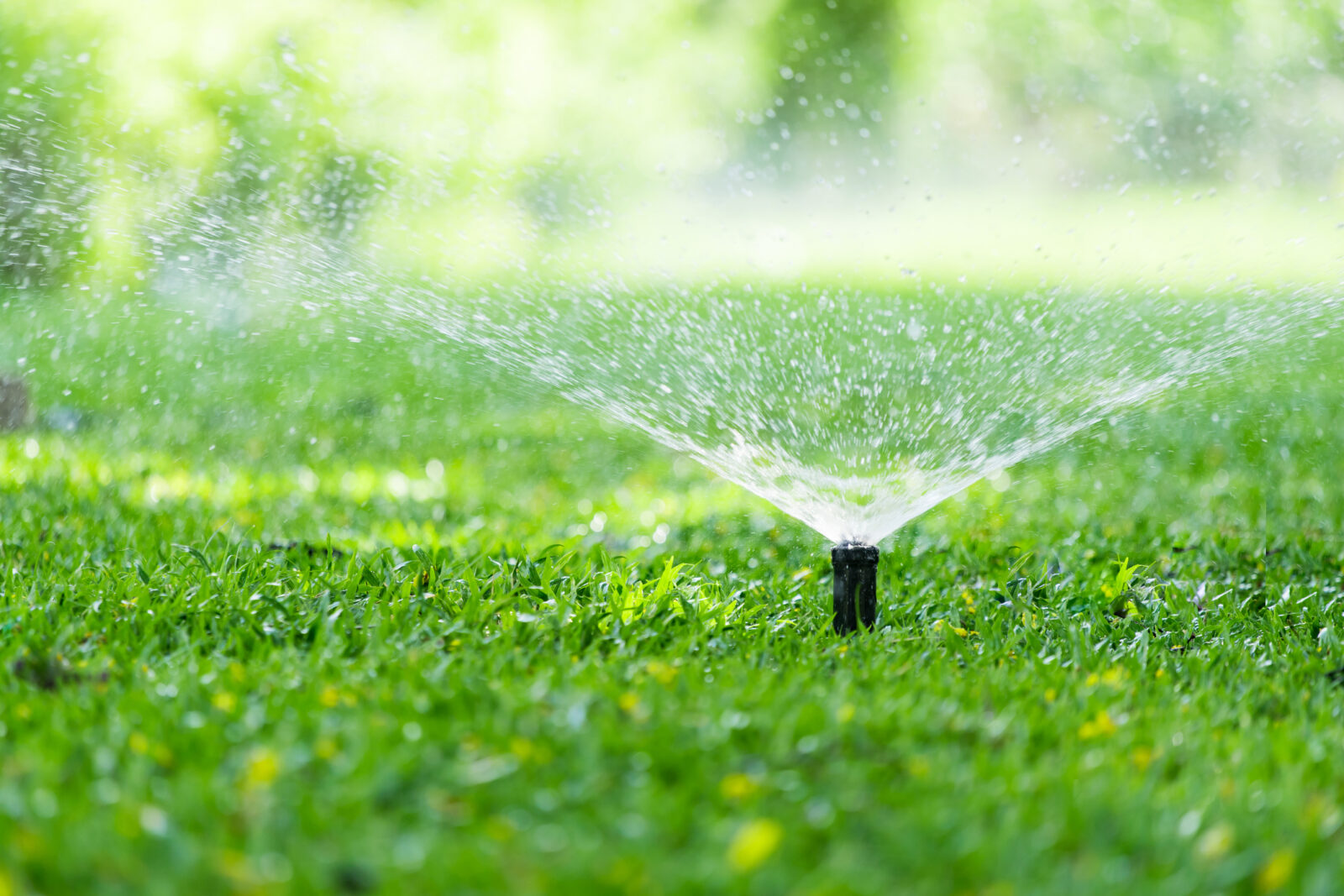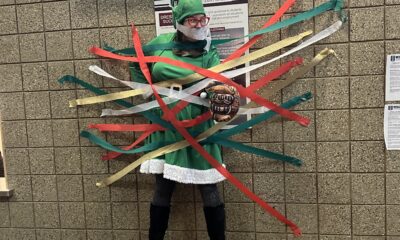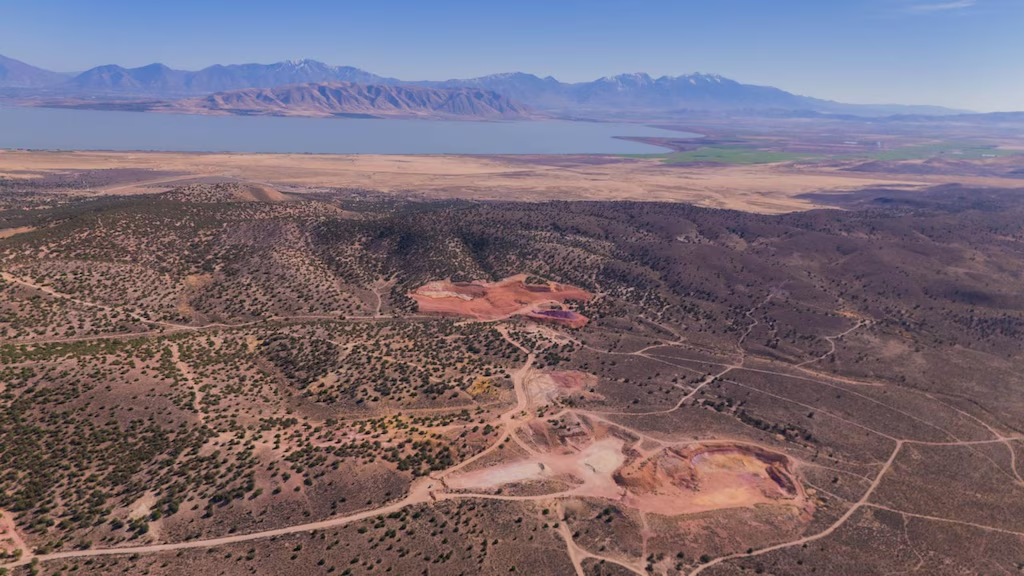Politics & Government
Unprecedented E. coli outbreak leaves local officials looking for answers, residents advised to take precautions
Published
2 years agoon

“This is an unprecedented outbreak,” said BreAnne Osborn, an epidemiologist from the Utah State Department of Health, during an E. coli briefing at the Lehi City Council chambers on Tuesday August 22.
Lehi has been facing an E. coli outbreak with the dangerous O157 strain since August 2 with 12 reported cases, including five hospitalizations and a near death experience for a three-year-old girl.
On Tuesday, Lehi City Water Department Manager Greg Allred provided the following timeline of events to update the Mayor Mike Johnson and the City Council:
• August 2, The Utah County Health Department notified Lehi City of E. coli cases from Lehi residents.
• August 4, The Utah County Health Department asked for permission to pull samples from Lehi’s pressurized irrigation water system and was granted permission. The City issued a press release to notify the public.
• August 7, The United States Center for Disease Control and Prevention (CDC) had a meeting with Utah state and Utah County officials to discuss water sampling procedures.
• August 8, The City conducted sample tests on culinary water to ensure drinking water was not affected and potable.
• August 9, Lehi’s culinary water test is deemed safe.
• August 9, The Utah Department of Health met with City officials at Lehi’s Sandpit and Low Hills Reservoirs. Officials took water and geese feces samples to determine contamination. The tests were negative.
• August 14, The Utah State rapid response team met with Lehi City and CDC officials at the Sandpit Reservoir to collect more samples. Samples were sent to the CDC for advanced testing.
• August 19, A stakeholder meeting on press release and public notice strategy was held. The CDC recommended turning off the PI system. The public was notified of CDC’s recommendations.
• August 21, Lehi City initiated a shock treatment at both Sand Pit and Lower Hills Reservoirs with high doses of Earth-Tech chemical.
During the chain of events, Mayor Mark Johnson and Lehi City water department officials requested help from Utah State and Utah County (The lead agency) officials to identify the outbreak location on numerous occasions but were denied.
“I was told, ‘We can’t tell you’,” said Johnson when describing his communications with the state when the City was trying to determine which pressurized irrigation reservoirs were contaminated.
Mayor Johnson and City staff were openly frustrated and candid with the State Health Department representatives during Tuesday’s meeting and asked for reasons for the delay in site identification.
“It has been a little bit bumpy. It’s a hard balance, we’re trying to protect patient privacy with HIPPA laws and at the same time there is a broader public health issue, so balancing those two, getting you the information, you need to protect public health while not compromising patient privacy is really tricky. I do acknowledge it took a lot longer than anyone would have liked,” responded Osborn.
“Was any effort made to contact the patients to see if they would waive their HIPPA rights in light of the public interest?” questioned Councilwoman Paige Albrecht.
State officials said no, no effort was made in discussing that with the patients.
“That would seem like a logical first step when you’re dealing with six or seven patients and an entire community potentially at risk. I’m surprised that step wasn’t taken,” finished Albrecht.
Along with the delay in communicating exposure sites, the City questioned why water sample testing has taken so long and how the time lapse can be shortened.
Health officials from the State and Utah County both said this particular E. coli variant (O157) is not identifiable with standard sample tests and must be sent to a lab with the advanced testing capacity.
“E. coli is not equal. This strain O157 is particularly devastating, especially for kids. It takes special equipment, and you can’t just get a grab sample to identify this strain,” said Utah County Health official Jason Garrett.
At the conclusion of the State and County updates, Mayor Mark Johnson addressed the City Council and City staff.
“We failed in notifying our citizens on what to do and what not to do and we need to work on that and figure out a better way….We failed because we had citizens continue to let their kids play and be exposed to the water,” said Johnson.
The City is working to determine the path forward, but many questions still remain.
“It feels like we’re being told what not to do or what we could do. We as staff don’t have enough expertise in this to give concrete recommendations to our elected officials. Who can guide them through this process?… How do we make this go away?” asked City Manager Jason Walker, addressing State and County health officials.
The officials responded that residents and the City should understand that irrigation water is always contaminated and should never be consumed or played in regardless of present E. coli or not. Officials also noted they don’t have any direction or guidance because the pressurized irrigation system is not regulated by the Sate or any other government agency and has no minimum standard for use.
Osborn also said the system will need ongoing treatment and one-time treatments won’t solve the contamination.
City officials now must navigate the outbreak, including determining the source of the outbreak and creating a treatment plan. Currently the plan includes the Earth-Tech chemical treatment on an ongoing basis until a more permanent solution can be crafted. Lehi City had enough of the chemical for the two verified reservoirs and has ordered more of the product.
All the reported cases were a result of drinking from a hose or recreating in pools and slip-n-slide-type outdoor activities.
The City has issued the following preventive measures:
• Irrigation water is not for drinking: Under no circumstances should irrigation water be used for drinking purposes. It is vital to recognize that PI water is untreated and poses a significant health risk if consumed.
The Centers for Disease Control and Prevention (CDC), residents are strongly advised to exercise caution when consuming uncooked produce from personal gardens that have been watered using irrigation water. These fruits and vegetables should only be consumed after thorough cooking, as cooking can eliminate the risk of E. coli infection. Washing may not eliminate the bacteria.
• Avoid use in recreational activities: The CDC has recommended that residents not water their lawns. Do not use irrigation water for bounce houses, pools, slip-n-slides, or any other recreational activities. It is common for children to swallow or get water in their mouths while playing.
Use caution when allowing children to play on lawns that have been watered with irrigation water. Keep an eye on them when they’re outside playing and make sure they don’t put their hands or anything else that might be on the lawn in their mouths. E. coli is hardy and can stick around even when the lawn isn’t wet. After they play, make sure you wash their hands thoroughly with soap and water.
• Practice hand hygiene: When tending to your lawn or garden, wear gloves to minimize direct contact with irrigation water. After handling any produce or soil exposed to PI water, thoroughly wash your hands with soap and water.

You may like
-


Emily Lockhart to fill open seat on Lehi City Council
-


“Passion into purpose”: Local supercar owners donate over $60k to Make-A-Wish
-


United Way of Utah County brings Christmas hope to hundreds of families
-


QR codes add modern convenience to Lehi’s historical markers
-


The Ruth’s “A Christmas Carol” a magical holiday tale
-


Local child protection group takes its fight against big tech to the FTC
-


Willowcreek administrators spark holiday cheer for students
-


Teen entrepreneurs showcase innovation at Christmas market
-


Why a new mineral find near Utah Lake is drawing national attention
-
Aspen Peaks School Board approves budget, launches staff searches and boundary study

